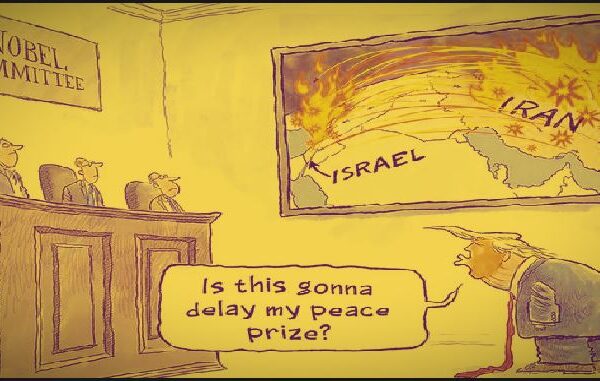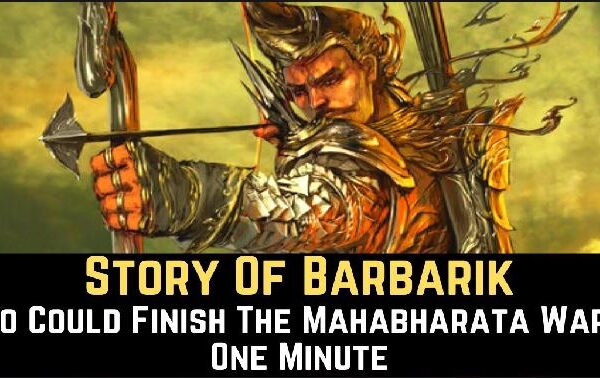Mahatma Gandhi was a symbol of peace and non-violence. He was nominated five times for the Nobel Peace Prize. They nominated him in 1937, 1938, 1939, 1947, and 1948. But he was never awarded the Nobel Peace Prize.
Despite his devotion towards peace and non-violence, the committee did not select him, which is a puzzle.
The Norwegian Nobel Committee decides whom to award the prize. At that time, the Norwegian Nobel Committee only awarded prizes to American and European contributors. There was none from the Asian or African countries.
Hence, doubt arises. Was it because of the committee’s narrow viewpoint or global perspective? No doubt, this topic remains of much debate and speculation over the years.
As per the committee, the reasons behind this omission were complex. One reason was that Mahatma Gandhi did not fit into the traditional categories identified by the Nobel Committee for recipients of the Prize.
‘He is not a politician or primarily a humanitarian relief worker. He is also not an organizer of international peace congresses.’ Said committee member.
‘I felt as if Gandhi was too strongly favouring one side of the conflict between India and Pakistan. I had doubts about his views about war.’ Confessed committee member.
In addition, there was no tradition for the Nobel Committee to award the Peace Prize for peaceful settlement of regional conflicts.
These factors might have influenced the committee’s decision not to award him the prize.
It was difficult for the committee to evaluate his contributions within their framework.
But, after that, the committee realized and changed its view.
Anyhow, the committee decided to award him the Nobel Prize in 1948, but he was killed before receiving it. And of course, there are no provisions or rules for awarding posthumous prizes.
Even though setting aside the rules, they wanted to award the peace prize. But, whom to give the award was the big question. Because Gandhi did not leave a will neither he belonged to any organization.
But when the committee for formal reasons, ended up not making such an award, they decided to reserve the prize.
One year later, the committee did not spend the prize money for 1948 for the whole year.
But later on, the committee realized its mistake. Thus, they regretted it publically when Dalai Lama was awarded the Peace Prize. The chairman of the committee said “In part a tribute to the memory of Mahatma Gandhi”Let us now see the views of a few great personalities like Einstein, Tolstoy, and Rabindranath Tagore on Gandhi.

Einstein and Gandhi
In 1931, Albert Einstein wrote a letter to Mahatma Gandhi. Albert Einstein praised Gandhi for nonviolence and, his efforts for India’s independence. Einstein hailed Gandhi’s moral leadership and his ability to bring change without resorting to violence.
Gandhi, in turn, appreciated Einstein’s scientific achievements and his attitude toward peace and nonviolence.
Einstein wrote, “You have shown through your works that it is possible to succeed without violence even with those who have not discarded violence as a means.”
Someone assassinated Mahatma Gandhi on January 30, 1948. Einstein was shocked to hear the news.
He remarked, “Generations to come will scarce believe that such a one as this ever in flesh and blood walked upon this earth.”
This statement reflects Einstein’s deep respect for Gandhi’s principles of nonviolence and his impact on the world.

Leo Tolstoy
There was an intellectual and spiritual connection between Leo Tolstoy and Mahatma Gandhi. They never met in their lifetime.
When Gandhi was in South Africa, he read ‘The Kingdom of God is Within You,’ And Tolstoy’s writing influenced him to a great extent. He learnt many things about non-violence and peace from this book.
In 1909, Gandhi and Tolstoy began a brief but impactful correspondence.
In one of his letters, Tolstoy praised Gandhi’s work and encouraged him to continue fighting for Indian rights nonviolently.
Gandhi considered Tolstoy to be one of his spiritual mentors. He said that his writings were directed towards the path of nonviolence.
Both loved the principles of non-violence, simple living, peace, social justice and human equality.

Rabindranath Tagore and Gandhi
Tagore was a Nobel laureate poet, philosopher, and social reformer. He was one of Gandhi’s earliest and most prominent supporters.
Gandhi as “Mahatma”
Tagore saw qualities such as humility, simplicity, and moral courage. He was impressed by the way Gandhi was dealing with the masses as a leader. He found a spiritual force in his work.
Thus, Tagore bestowed the title of “Mahatma” (meaning “Great Soul”) upon Gandhi.
“He stopped at the huts of the thousands of poor, dressed like one of their own. He spoke to them in their language. Here was living truth, at last, not only quotations from books,” Said Tagore about Gandhi.
Despite their friendship, there were ideological differences.
Tagore believed in a more inclusive vision of nationalism: one that embraced universal humanism of universal brotherhood. He was open to modern science and education, seeing them as a requirement for India’s development.
Gandhi was afraid of modern technology and industrialization. He favoured promoting village-based self-reliance, simple living, and small-scale traditional economies.
“I have had the privilege of coming into close contact with you, and through you, I have been able to grasp the true significance of our nationalism. You are the man who has given it a moral foundation.” Tagore wrote to Gandhi when he was near his death.
This letter reflects the deep respect Tagore had for Gandhi’s vision, even though they differed on specific issues.






